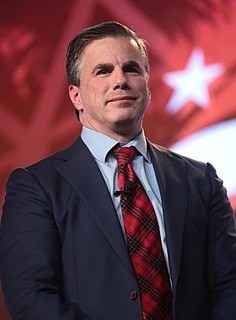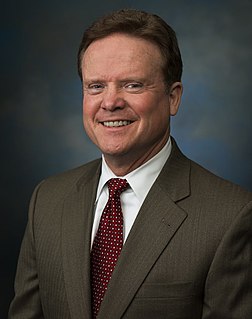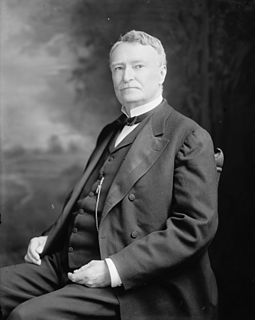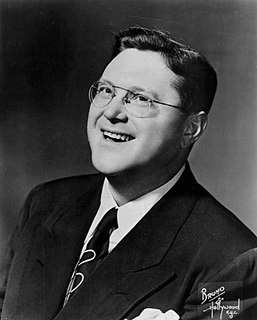A Quote by Tom Fitton
It seems like basic principle to me. According to Senate ethics rules, Members of the U.S. Senate, and their families, cannot benefit personally and financially from legislative decisions they make. Senator Feinstein, apparently, either doesn't agree with this principle, or she has chosen to ignore it.
Related Quotes
Moments ago, the U.S. Senate decided to do the unthinkable about gun violence - nothing at all. Over two years ago, when I was shot point-blank in the head, the U.S. Senate chose to do nothing. Four months ago, 20 first-graders lost their lives in a brutal attack on their school, and the U.S. Senate chose to do nothing. It's clear to me that if members of the U.S. Senate refuse to change the laws to reduce gun violence, then we need to change the members of the U.S. Senate.
In April, I asked my staff to determine if Senate rules and relevant laws would allow me to direct the trustees to sell any remaining HCA stock. In May, my staff worked with outside counsel and with the Senate ethics committee staff to draft a written communication to the trustees. After obtaining pre-approval by mid-June from the Senate ethics committee, I issued a letter directing my trustees to sell any remaining HCA stock in my family's trust.
The constitution has divided the powers of government into three branches, Legislative, Executive and Judiciary, lodging each with a distinct magistracy. The Legislative it has given completely to the Senate and House of Representatives. It has declared that the Executive powers shall be vested in the President, submitting special articles of it to a negative by the Senate, and it has vested the Judiciary power in the courts of justice, with certain exceptions also in favor of the Senate.
To me, it really seems visible today that ethics is not something exterior to the economy, which, as technical matter, could function on its own; rather, ethics is an interior principle of the economy itself, which cannot function if it does not take account of the human values of solidarity and reciprocal responsibility.
Prana, according to the Vedanta, is the principle of life. It is like ether, an omnipresent principle; and all motion, either in the body or anywhere else, is the work of this Prana. It is greater than Akasha, and through it everything lives. Prana is in the mother, in the father, in the sister, in the teacher, Prana is the knower.






































